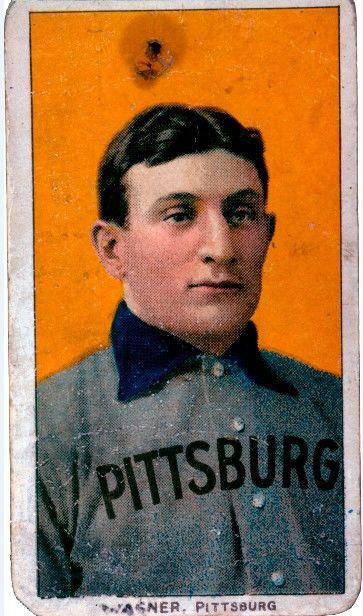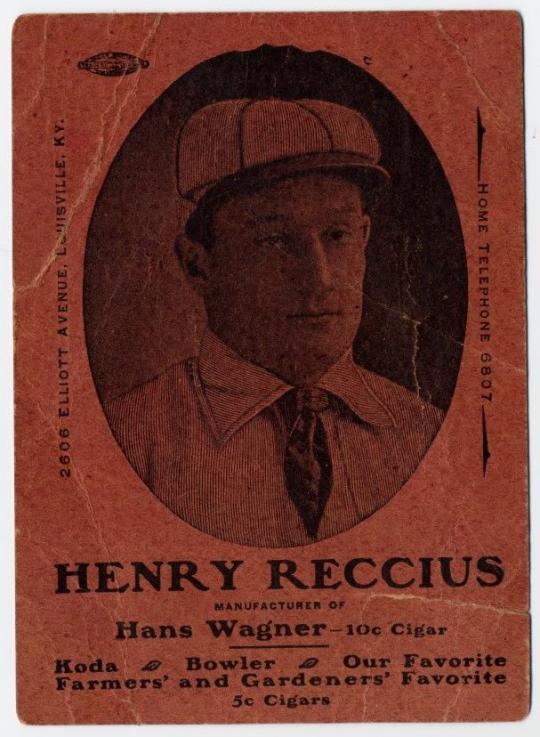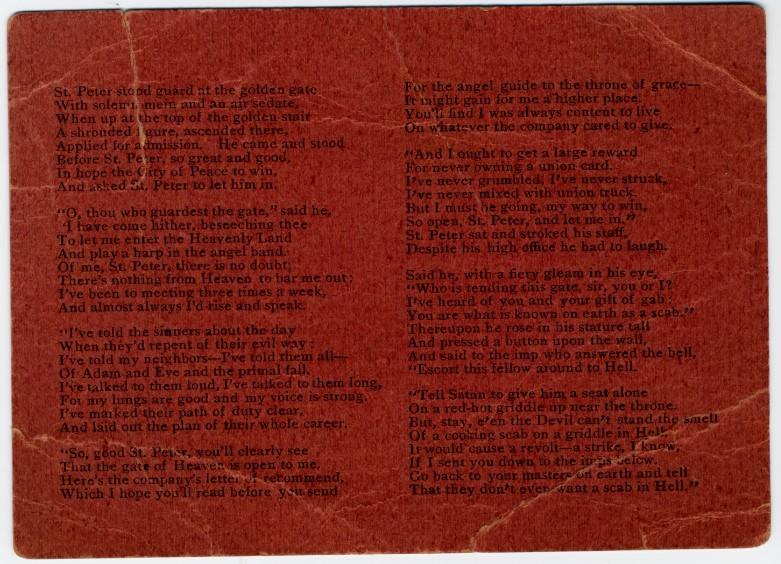- Home
- Our Stories
- #Shortstops: A Rarer Honus Wagner Card
#Shortstops: A Rarer Honus Wagner Card
Produced by the American Tobacco Company in 1909, the Honus Wagner T206 card is arguably the most celebrated baseball collectible.
Estimates range from as few as 50 to as many as 100 of these cardboard curios still exist today, and of those, most are in poor condition.
They are, after all, more than a century old.
But while each of these cards are no larger than a dollar bill folded end-to-end twice, you’d need well over a million of those same dollars to afford one of the better quality T206 Wagners.
The Hall of Fame has two of these cards in its collection.
And while these keepsakes remain in great demand, they are by no means the rarest of baseball collectibles.
The T206 Wagner is not even the rarest card featuring the likeness of the great Hall of Fame shortstop.
Hall of Fame Membership
There is no simpler, and more essential, way to demonstrate your support than to sign on as a Museum Member.
In 2006, the Hall of Fame became home to a card featuring a 19th-century picture of Honus Wagner.
Like the well-known T206 Wagners, this card was also produced in the early 1900s to help sell a tobacco product: The Hans Wagner 10-Cent Cigar. Unlike the T206 Wagners, only one other copy of the card is known to exist, and the card was neither part of a set nor a premium packaged with another product.
Instead, it was an advertisement for Henry Reccius, a Louisville-based cigar maker since the late 1870s.
Though the card promotes Reccius’s business in addition to the Wagner Cigar, it is dominated by the image of Honus when he was a young up-and-comer with Louisville.
Surprisingly, the card’s reverse has nothing to do with cigars or baseball, but instead features a poem, a parody of Joseph Bert Smiley’s “St. Peter at the Gate,” which promotes union labor and rails against strike-breakers. Its final stanza reads:
Tell Satan to give him a seat alone
On a red-hot griddle up near the throne.
But, stay, e’en the Devil can’t stand the smell
Of a cooking scab on a griddle in Hell.
It would cause a revolt—a strike, I know,
If I sent you down to the imps below.
Go back to your masters on earth and tell
That they don’t even want a scab in hell.
Despite Wagner’s well-established connection to Louisville – “The Flying Dutchman” played for the Colonels for the first three years of his big league career – the cigar that bore his name apparently didn’t sell very well. Besides the advertising card, little evidence remains of Reccius’s handiwork. A rare mention of the cigar appeared in the Gainesville (Florida) Daily Sun of Oct. 17, 1909. Near the end of an article about Pittsburgh’s World Series victory over the Detroit Tigers, the newspaper noted that “Pirate followers are cutting the ‘figure eight’ today smoking ‘Hans Wagner’ cigars.”
Beyond his Wagner Cigar, Reccius had numerous other connections to baseball. For many years, he doubled as a groundskeeper at Louisville’s Eclipse Park, then home of the city’s major league club. His brothers John and Paul each played Major League Baseball, and his other brothers either played ball at lower levels or were executives for a variety of clubs.
The Reccius/Wagner advertising card is just one of over three million items in the Hall of Fame’s unparalleled collection. While some are rare and some quite common, each object has a story to tell, a lesson to impart, and a special connection to the always fascinating history of our National Pastime.
Tom Shieber is the senior curator at the National Baseball Hall of Fame and Museum
Related Stories
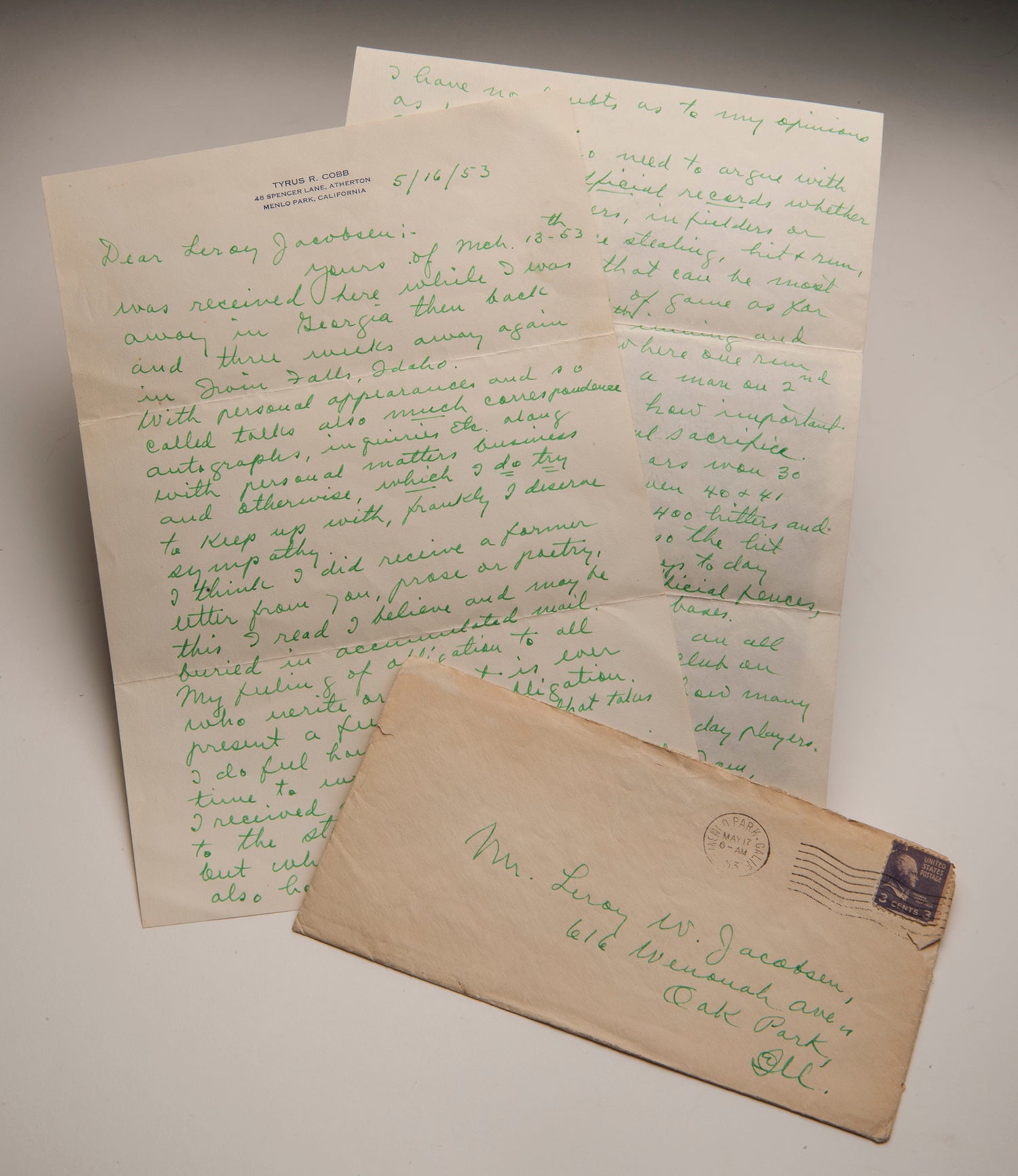
#Shortstops: Letters from Ty Cobb
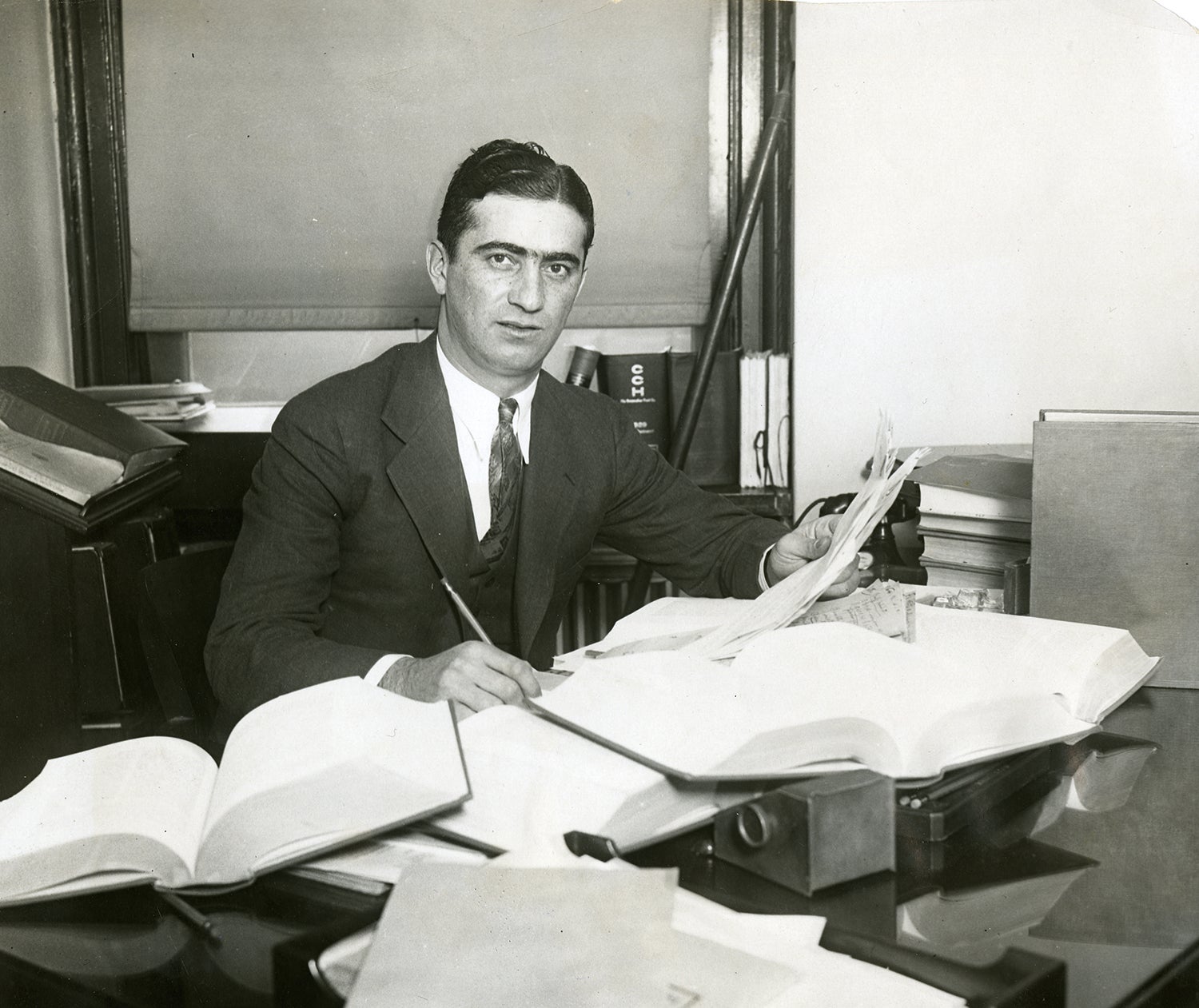
#Shortstops: Moe Berg’s life in baseball

#Shortstops: Waite Hoyt Remembers The Babe
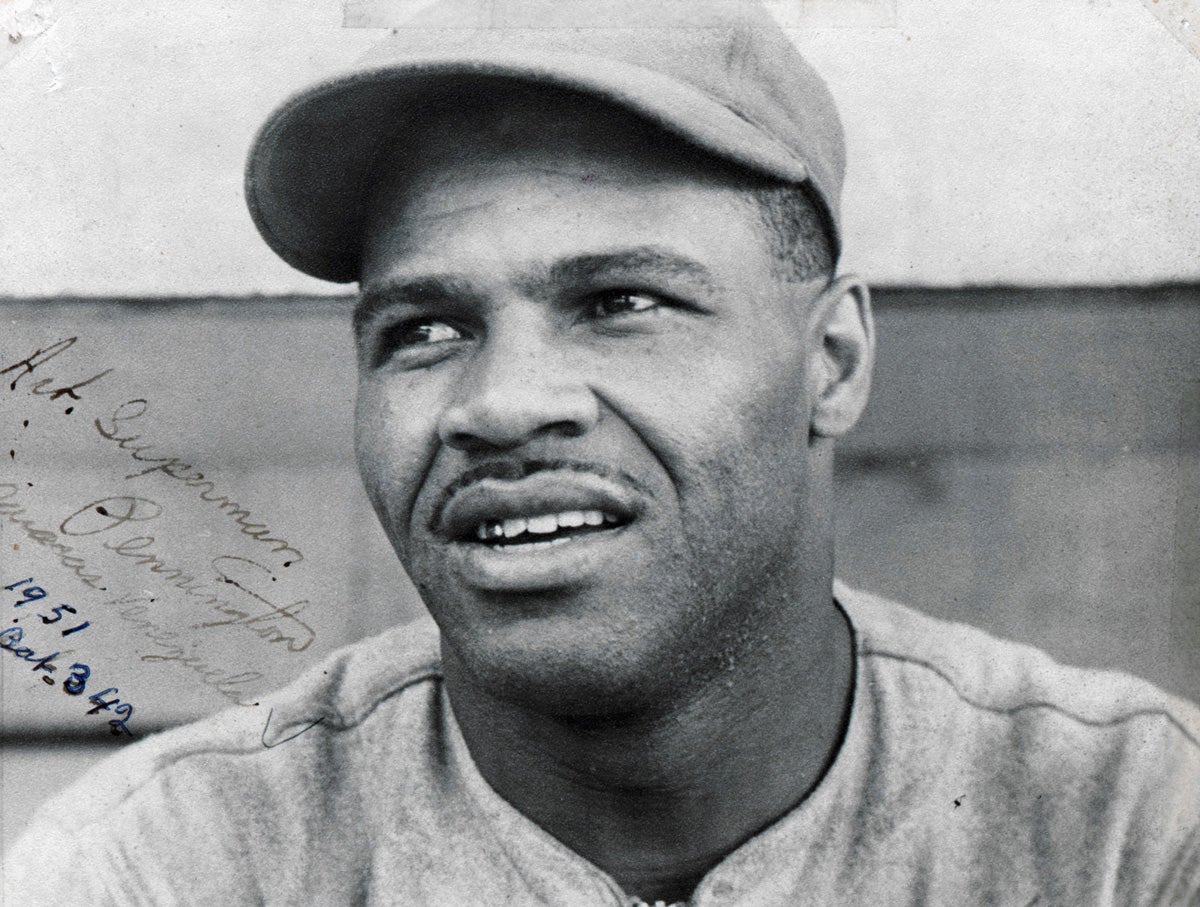
#Shortstops: Art Pennington: An Equal among Greats

#Shortstops: Letters from Ty Cobb

#Shortstops: Moe Berg’s life in baseball

#Shortstops: Waite Hoyt Remembers The Babe


